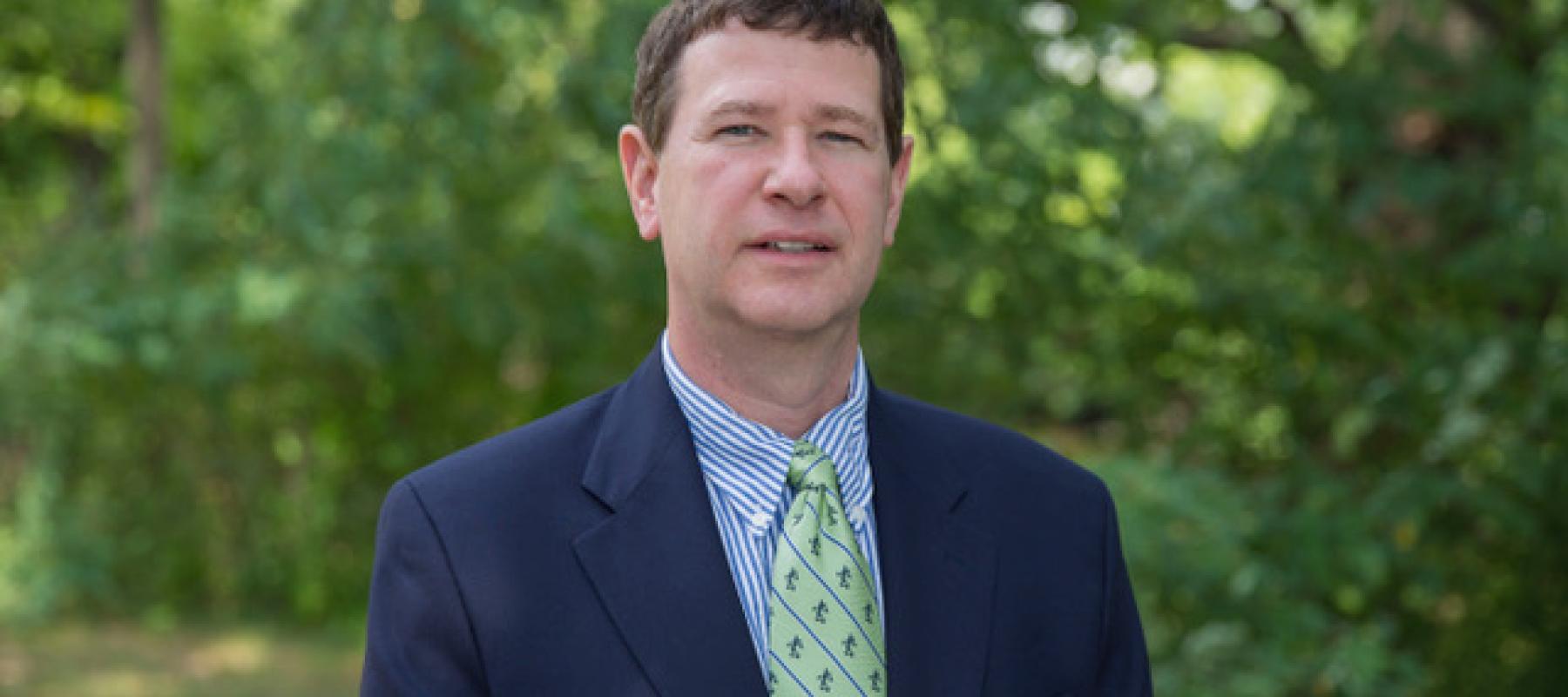
Dr. Matthew Wawrzynski receives USAID Grant to support economic growth in Mozambique through career development initiative
The U.S. Agency for International Development (USAID) awarded Dr. Matthew Wawrzynski, Associate Professor of Higher, Adult, & Lifelong Education (HALE), and MSU a $3.5 million grant to enhance economic growth and career development in Mozambique.
Michigan State University (MSU) under the leadership of Dr. Matthew Wawrzynski, Professor of Higher, Adult, & Lifelong Education (HALE) and Coordinator of the Teaching and Learning in Postsecondary Education Graduate Certificate Program, received a $3.5 million grant from the U.S. Agency for International Development (USAID) to stimulate economic growth in Mozambique through improved employment skill-building and career development for Mozambican university students. This project, the USAID Higher Education Career Development Initiative, builds on Dr. Wawrzynski’s years of experience and expertise developing and studying student engagement initiatives in South Africa; specifically, for over a decade, Dr. Wawrzynski has led a productive, mutually beneficial collaboration between HALE faculty, HALE graduate students, and Nelson Mandela Metropolitan University (NMMU) student affairs professionals to explore students’ co-curricular involvement and develop new student engagement initiatives. When asked what drew him to expand his international student affairs work to include Mozambique and focus on Mozambican students’ career planning and preparation, Dr. Wawrzynski shared that it was an opportunity to approach student affairs work in a different way with “the ability to make change in the lives of students in a really tangible way.”
Dr. Wawrzynski alongside Mr. Jeffery Beavers, Executive Director of MSU’s Career Services Network, and Dr. Jennifer Marcy, HALE PhD alumna and Grant Project Manager, will partner with three higher education institutions in Mozambique, Universidade Eduardo Mondlane, Instituto Superior Politecnico de Manica, and Universidade Pungue, to create pilot Career Development Centers that can, later, be replicated in universities throughout the country. These Career Development Centers are designed to offer students, particularly women and individuals with disabilities who face unique difficulties and biases in the Mozambican labor market, equitable access to career development and professional training opportunities focused on enhancing their “soft,” technical, and entrepreneurial skills to make them more marketable, employable, and able to succeed within a global economy. By enriching Mozambican students’ career exploration, skills, and training over six-years, the USAID Higher Education Career Development Initiative, will ultimately stimulate economic growth and revitalization across Mozambique.
For more information on Dr. Wawrzynski’s work on the USAID Higher Education Career Development Initiative, see MSUToday’s coverage.



